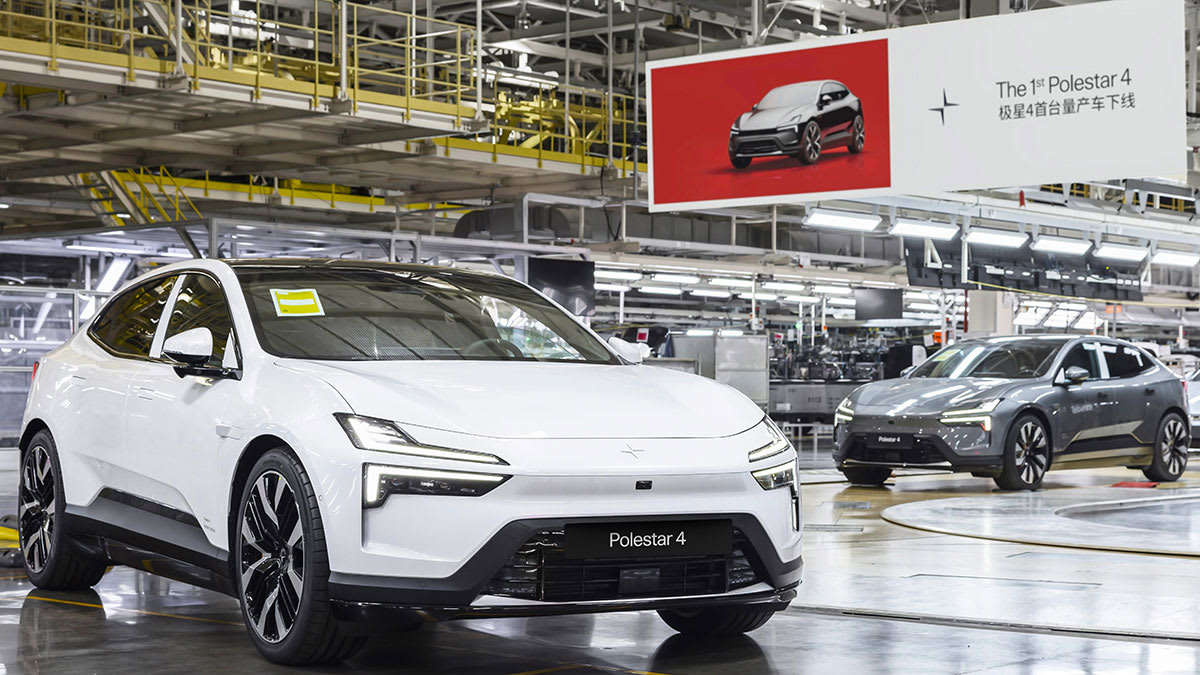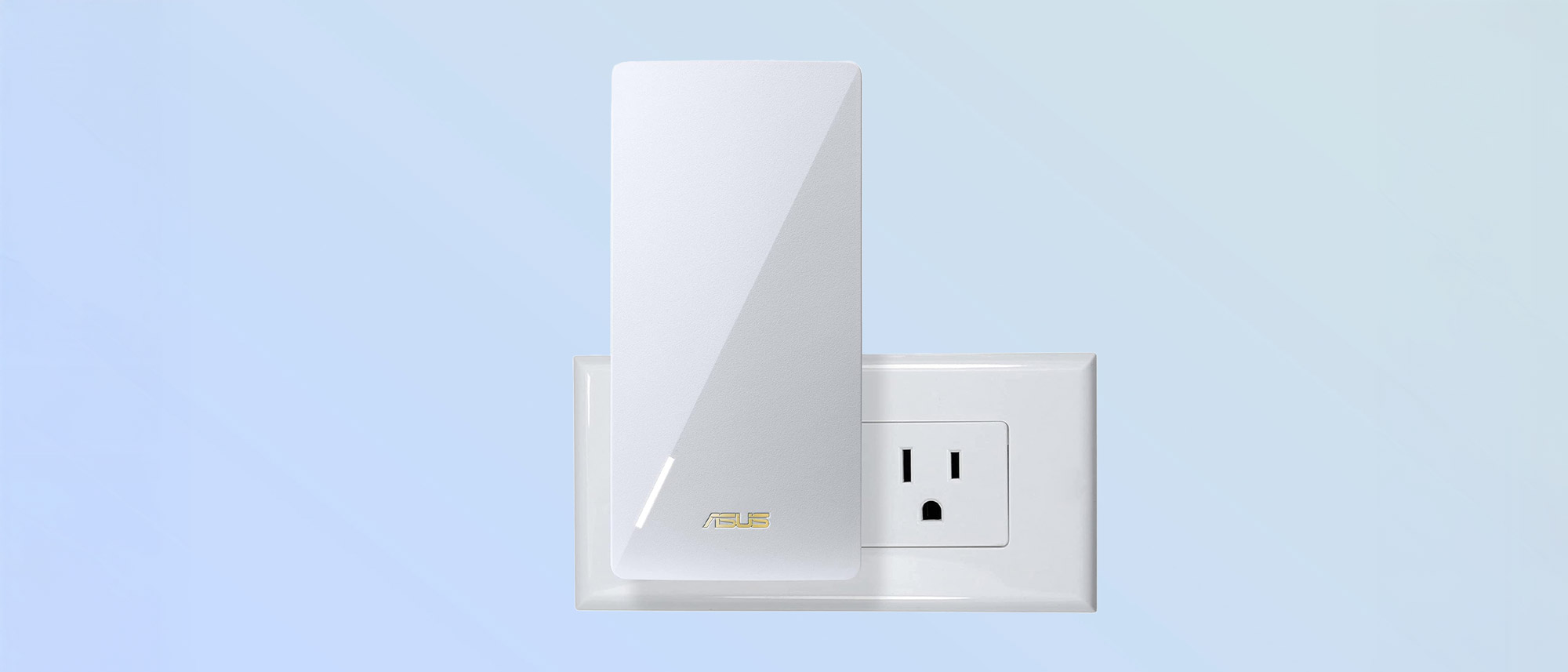Chinese-Made Cars Are Already Here. We’ve Even Tested a Few.

Trade policy aside, when China began exporting vehicles to Europe in the early 2010s, Chinese automakers made headlines for disastrous crash tests. Those results might make buyers wary, but enough has changed since then to make Chinese vehicles a potentially reasonable proposition for buyers in the U.S.
Chinese-made EVs like the BYD Atto 3 (below), MG4, and XPeng G9 are selling globally thanks to cutting-edge technology and low prices. Especially in Europe, electric vehicles from Chinese brands are selling in larger and larger numbers.
BYD, a Shenzhen-based automaker, is building a factory in Mexico, where its stylish Dolphin electric hatchback with a range of about 250 miles sells for the equivalent of $23,600. The small BYD Seagull EV sells for about $11,000 in China and is becoming popular in other markets as well.
Regardless of brand, where a car is made is rarely a shortcut for assessing its quality. “When it comes to performance and reliability, where a car is built really matters less than how it’s designed and manufactured,” says Jake Fisher, senior director of Consumer Reports’ Auto Test Center. “Our reliability data has shown this to be true for years.”
For example, our testing and reliability data show that the Chinese-built Buick Envision is one of the better small SUVs in its class. The Polestar 2 electric vehicle is also made in China, but it sits at the bottom of our ratings. Many Honda and Toyota models built in the U.S. have excellent reliability, while some U.S.-built Mercedes-Benz and Volkswagen models have below-average reliability.
“Some automakers are simply better at setting up new plants and incorporating production methods that eliminate potential problems,” Fisher says. He adds that Toyota is well-known for processes that prevent mistakes on the assembly line, while other brands leave more up to the skills and experience of the workers.
Source link











